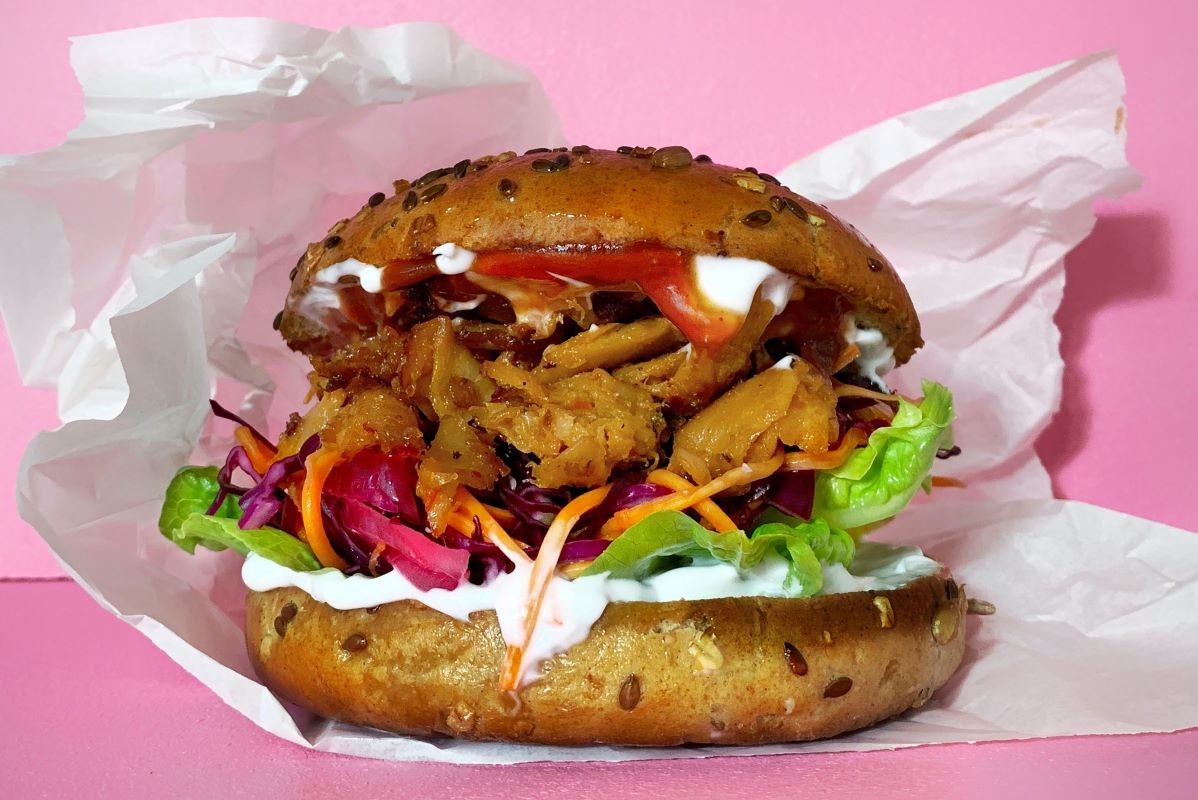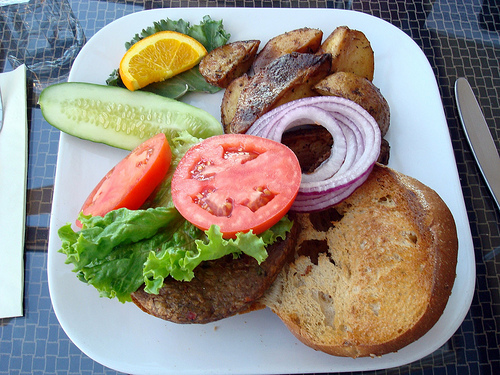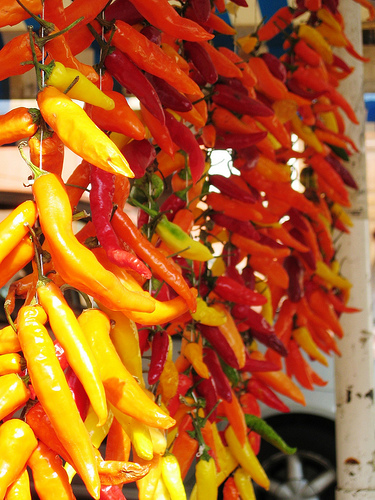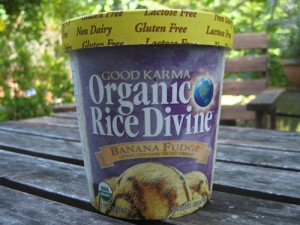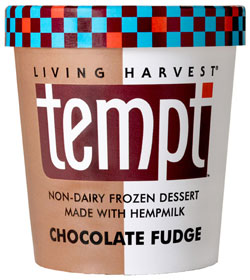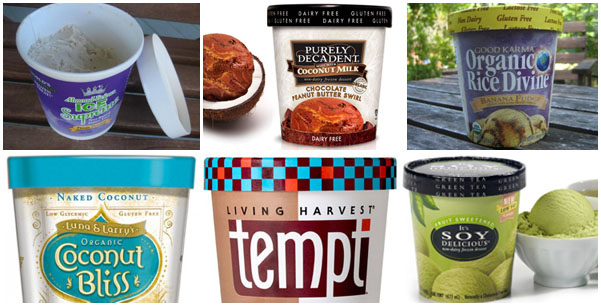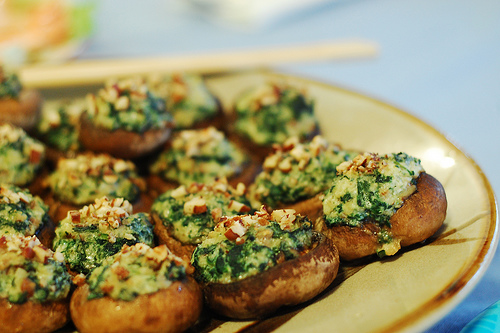Table of Contents
Protein is an essential nutrient that plays a vital role in our bodies, from tissue repair to hormone production and immune system support. While protein is often associated with animal-based foods, plant-based diets can also provide ample protein through vegan sources. Vegan protein sources offer numerous benefits, supplying individuals following a plant-based diet with the necessary amino acids and nutrients for optimal health.
Unlike animal-based protein sources that contain all essential amino acids, some plant-based options lack specific amino acids. This makes it crucial for vegans to diversify their food choices and combine complementary proteins to ensure adequate intake.
This blog post will explore the importance of protein in our bodies, dive into nutrient-rich vegan food sources, and discuss supplements for those seeking an additional boost. Additionally, it will share tips on how to meet your protein needs with a vegan diet.
Protein and Its Importance for the Body
Protein is vital for the body’s muscle health, energy levels, and a balanced diet.

Muscle Health
Protein is vital in promoting muscle health, as it is the primary building block for muscles and provides essential amino acids necessary for muscle growth and repair.
A well-balanced diet rich in vegan protein sources can help maintain and even increase muscle mass, strength, and overall physical performance.
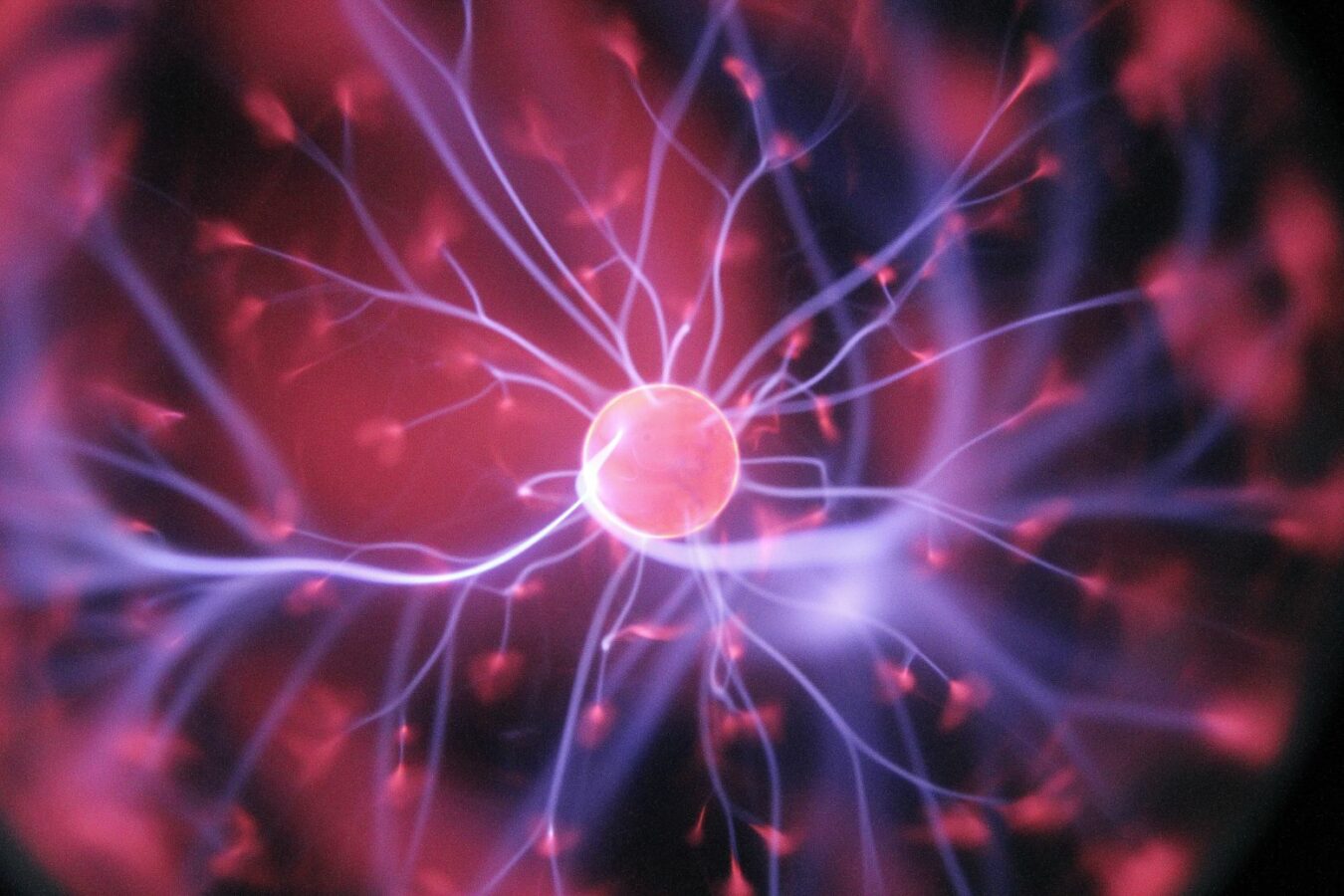
Energy Levels
Protein is pivotal in maintaining healthy energy levels, essential for overall well-being and daily activities.
By incorporating sufficient amounts of amino acids from vegan sources into your diet, you can promote optimal bodily function and support energy metabolism.
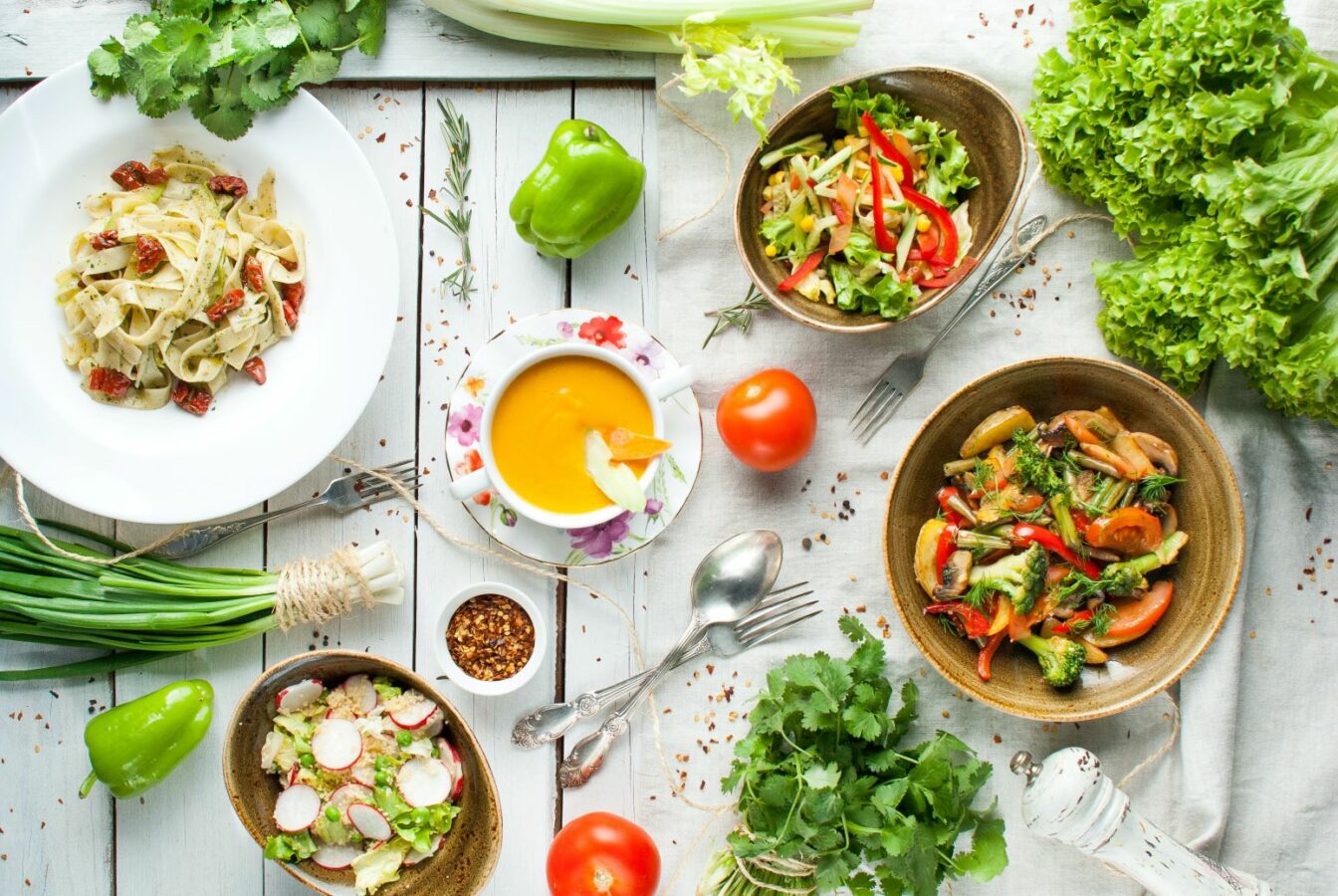
Balanced Diet
A balanced diet is essential for maintaining overall health and well-being, serving as the foundation for a wholesome lifestyle.
One of the crucial components of a balanced meal plan is protein, a macronutrient responsible for various bodily functions, such as muscle growth, cell regeneration, and hormone synthesis.
Vegan Food Sources of Protein
Vegan food sources high in protein include legumes and pulses, whole grains, nuts and seeds, tofu and tempeh, vegetables and fruit, mycoproteins, and plant-based dairy.
Legumes and Pulses
Legumes and pulses are some of the best vegan sources of protein. Not only are they sustainable and low-glycemic food, but they are also inexpensive and easy to find at most grocery stores.
Legumes like chickpeas and lentils are a great source of protein and high in lysine, an essential amino acid often lacking in plant-based diets. Consuming these can help overcome protein deficiency, a common misconception about vegan diets.
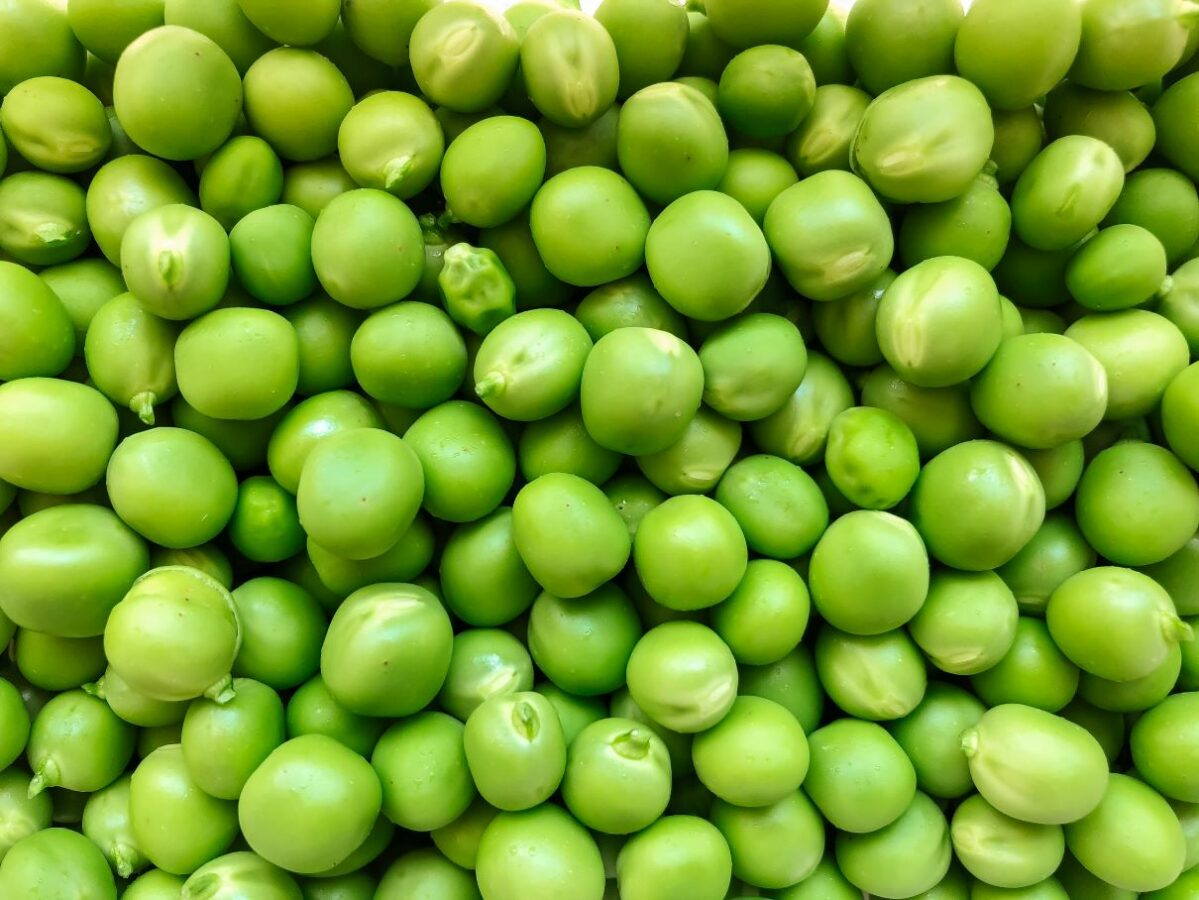
Green Peas
Green peas can be eaten cooked or raw. Add to salads, pastas, casseroles and more!
5.42 grams of protein per 100g.
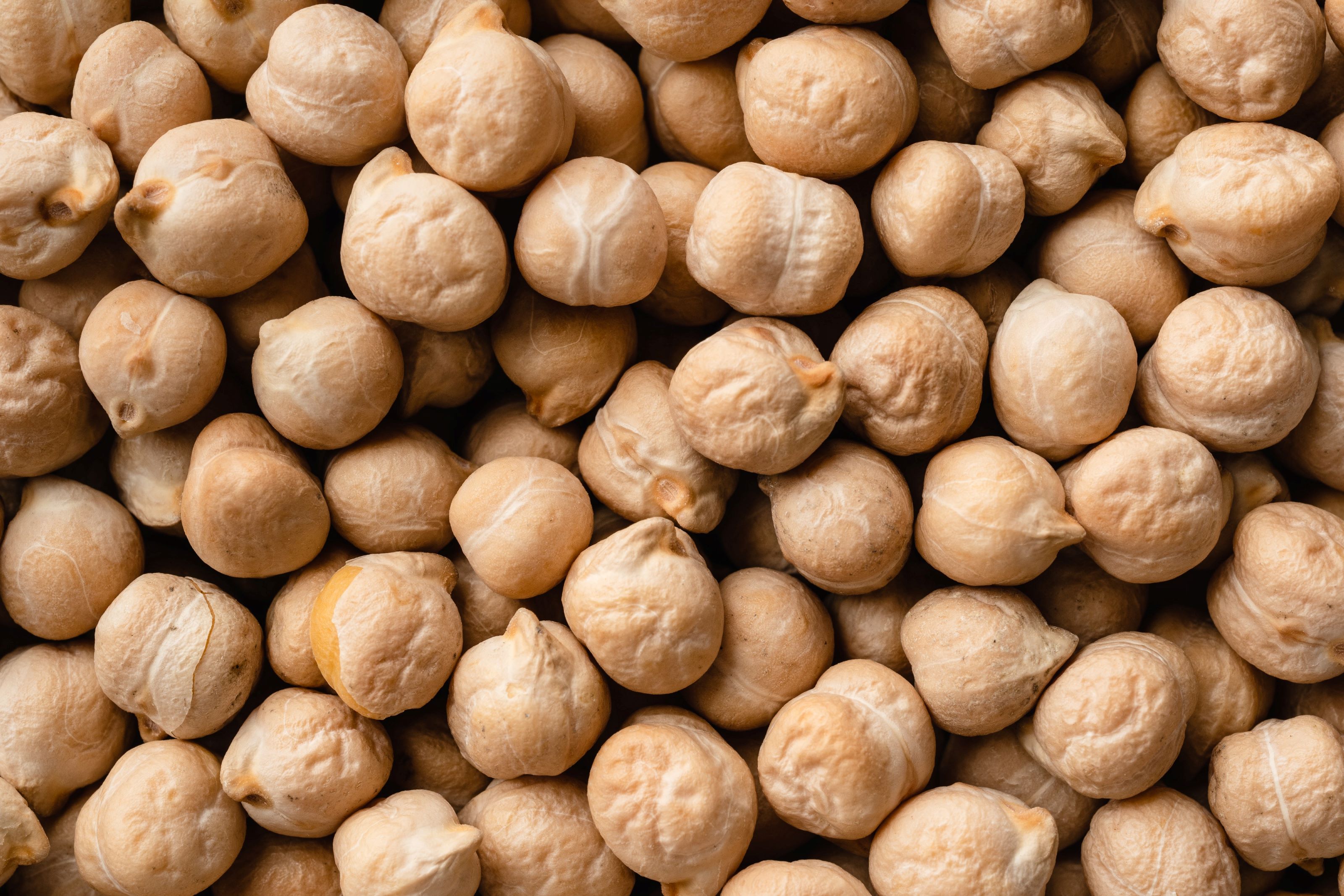
Chickpeas
A versatile bean used in curries, hummus, salads, and stews.
8.86 grams of protein per 100g.
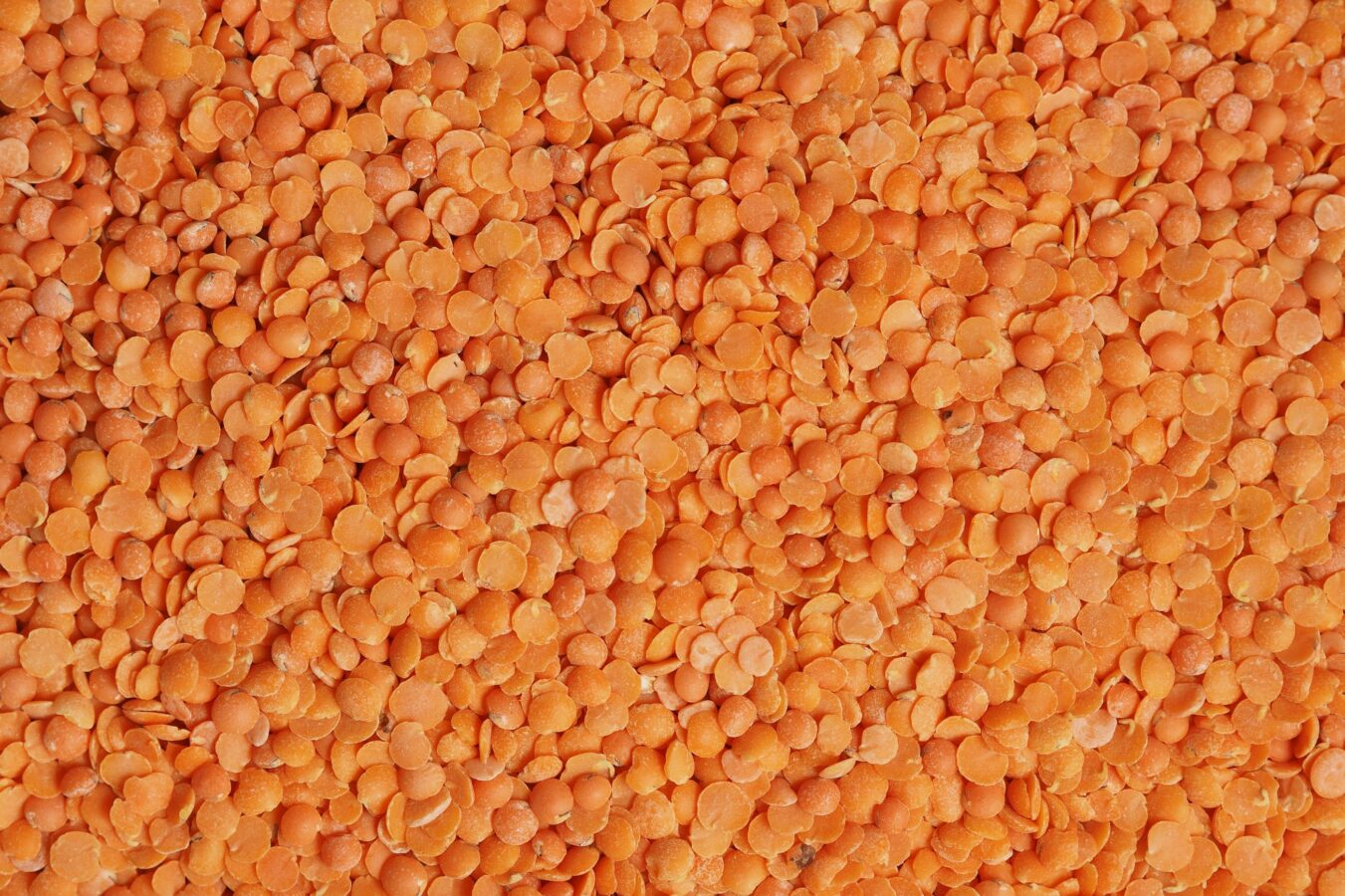
Lentils
Rich in fiber, iron, and folate, lentils are perfect for soups or as a side dish.
9 grams of protein per 100g.
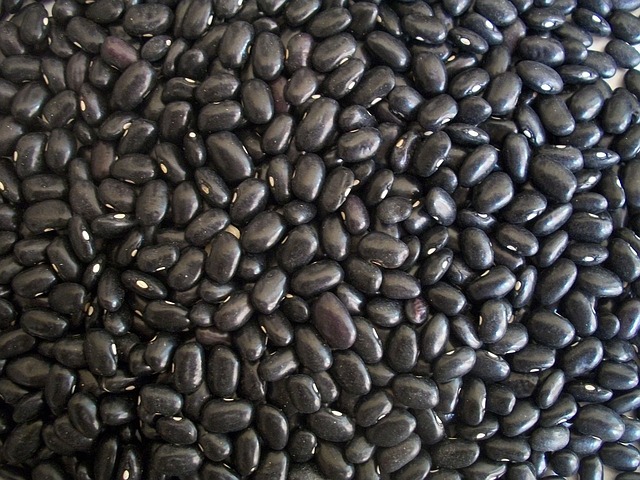
Black Beans
These little gems are high in protein and fiber and can be used in salads, burritos, or blended into spreads.
8.86 grams of protein per 100g.
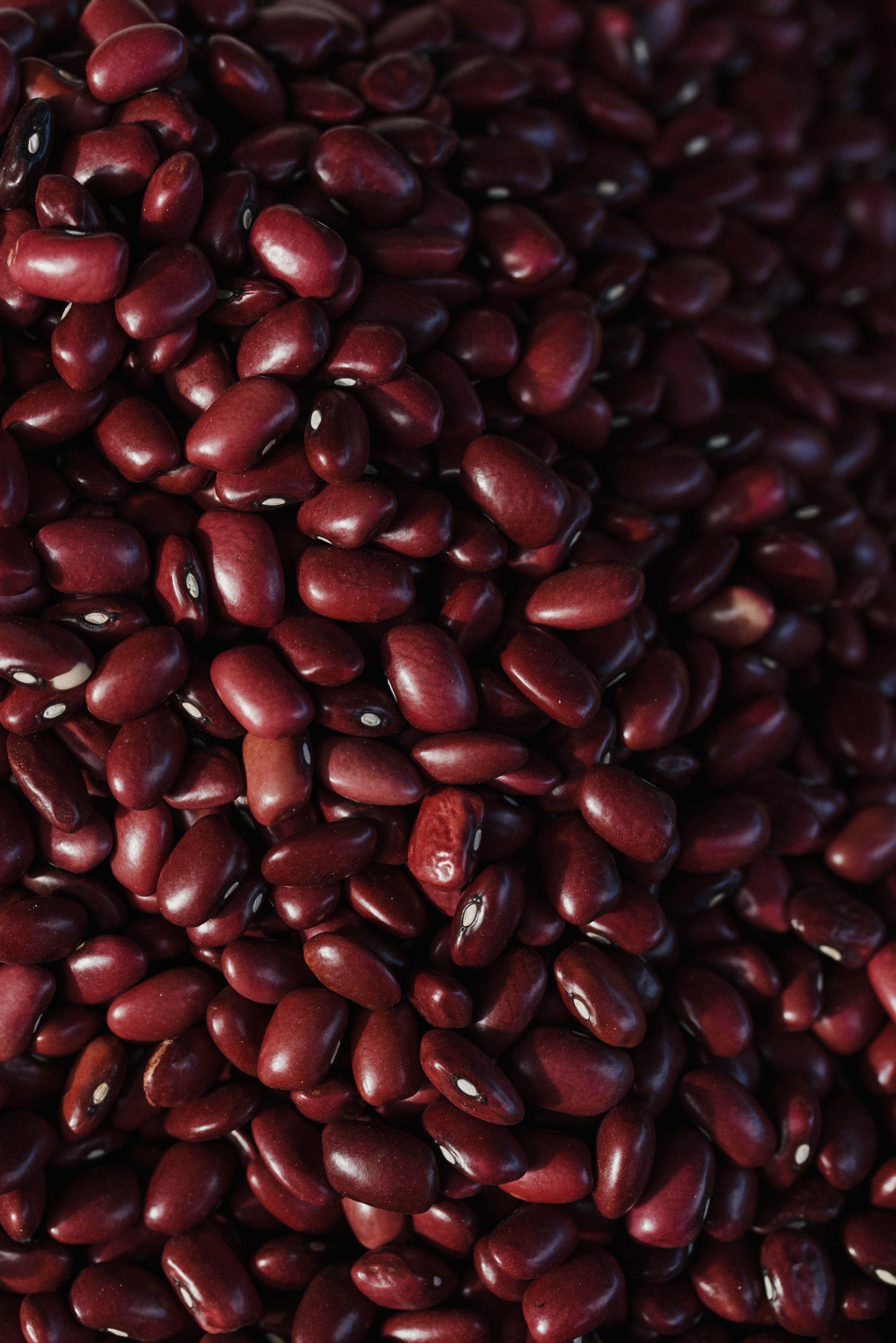
Whole Grains
Whole grains are an excellent source of vegan protein, delivering essential amino acids and other nutrients. Incorporating whole grains into your meals can help you meet your daily protein needs while also providing a variety of other valuable nutrients for overall health and balanced nutrition.
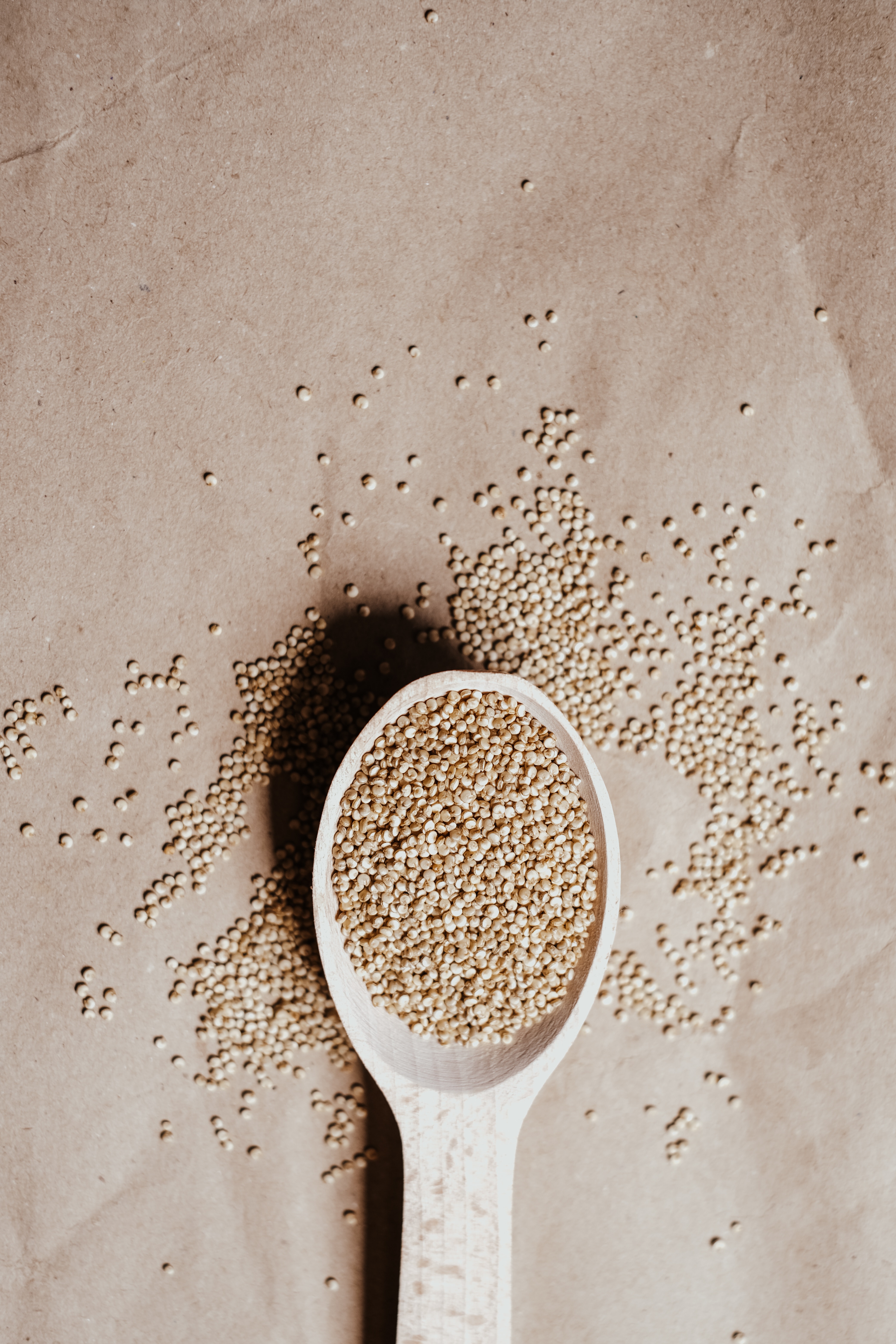
Quinoa
This versatile grain is a complete protein and contains all nine essential amino acids.
14.1 grams of protein per 100g.
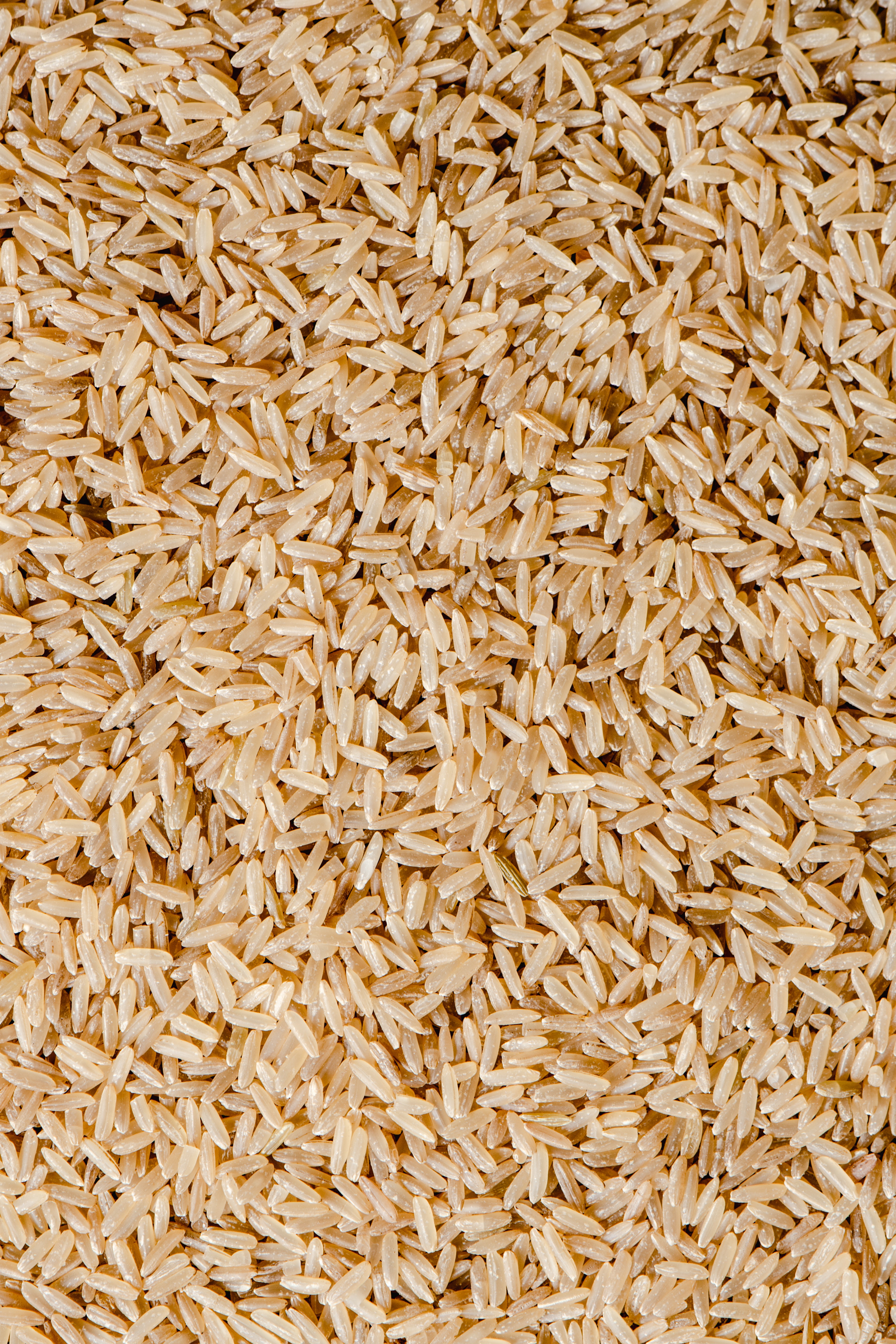
Brown Rice
Brown rice is used to make a variety of dishes across the culinary spectrum. It can be used hot, cold, in other dishes, or as a side dish on it’s own.
7.5 grams of protein per 100g.
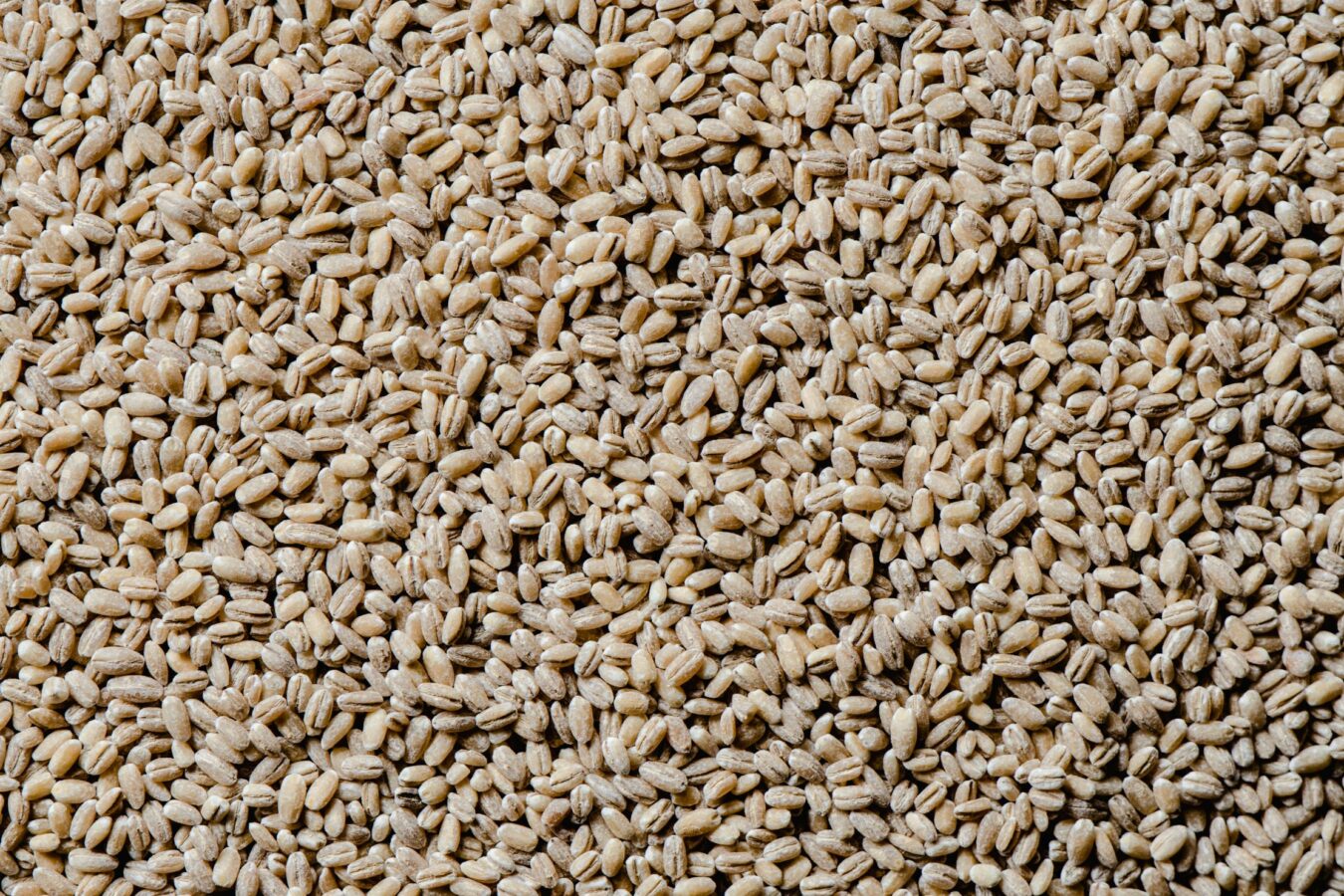
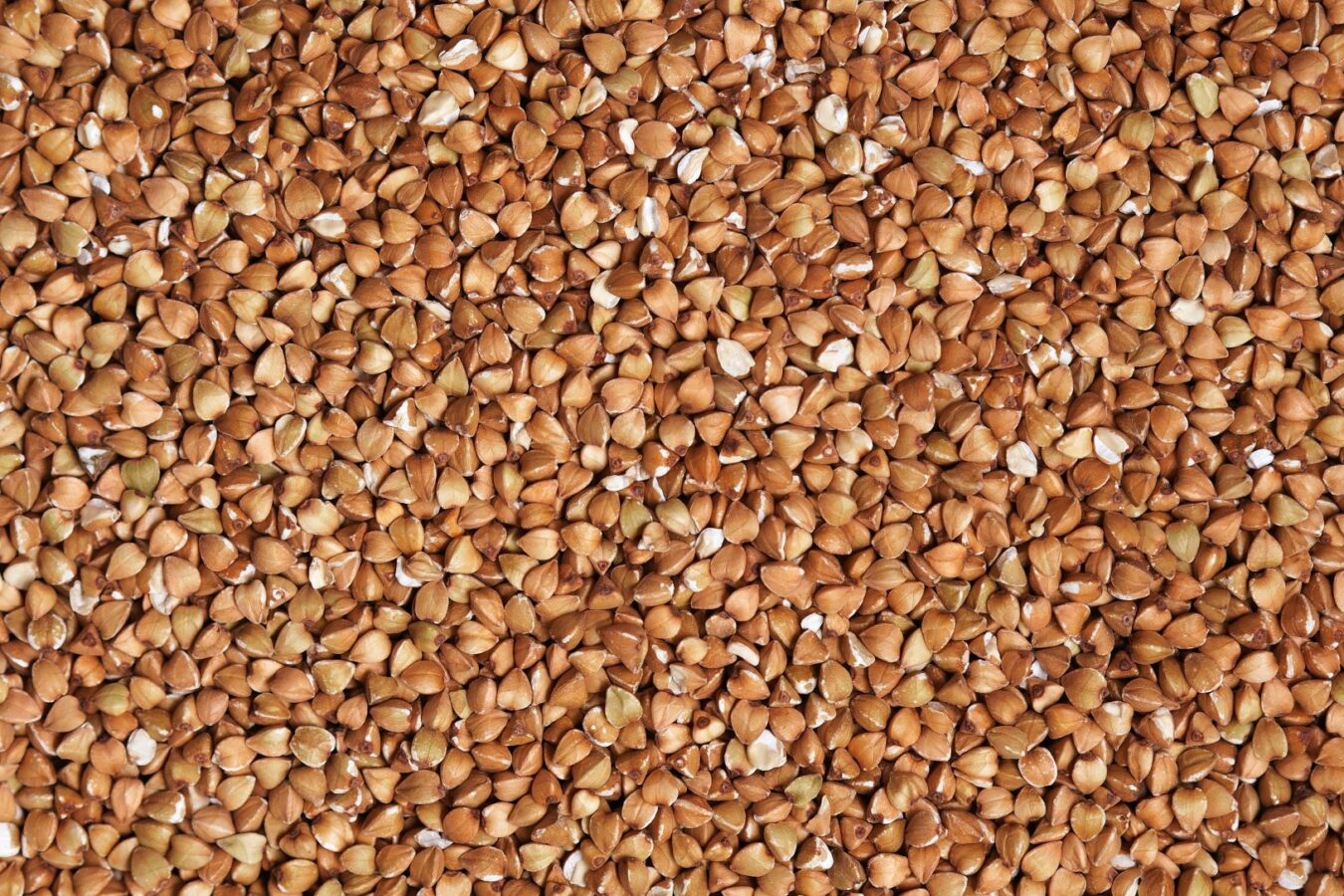
Buckwheat
Despite its name, buckwheat is not a type of wheat, but a seed! It is naturally gluten-free.
13.3 grams of protein per 100g.
Nuts and Seeds
Nuts and seeds are highly nutritious and a great source of vegan protein. They offer many health benefits.
The essential vitamins found in nuts and seeds can supplement the dietary needs of those practicing a vegan lifestyle.
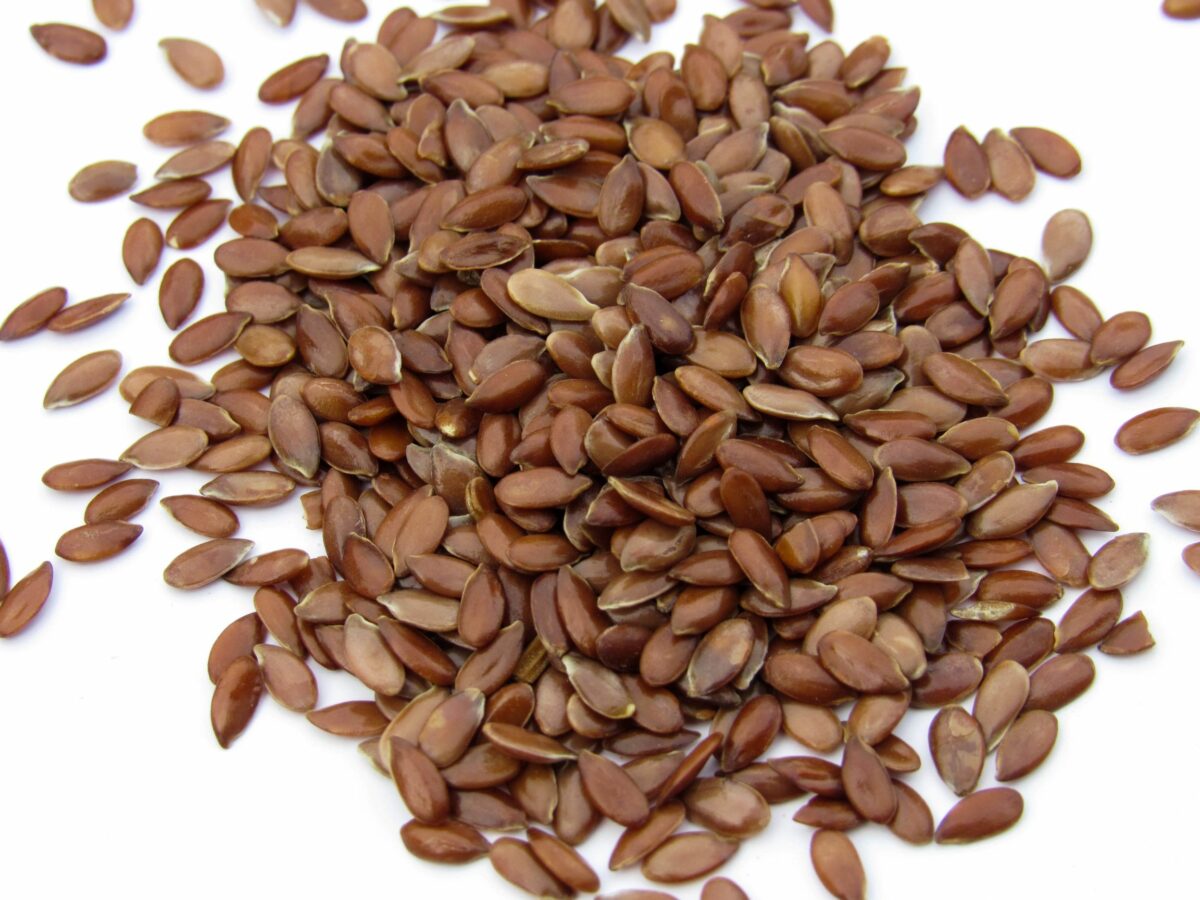
Flaxseeds
A great addition to yogurt bowls, homemade bread, and oatmeal.
18.3 grams of protein per 100g.
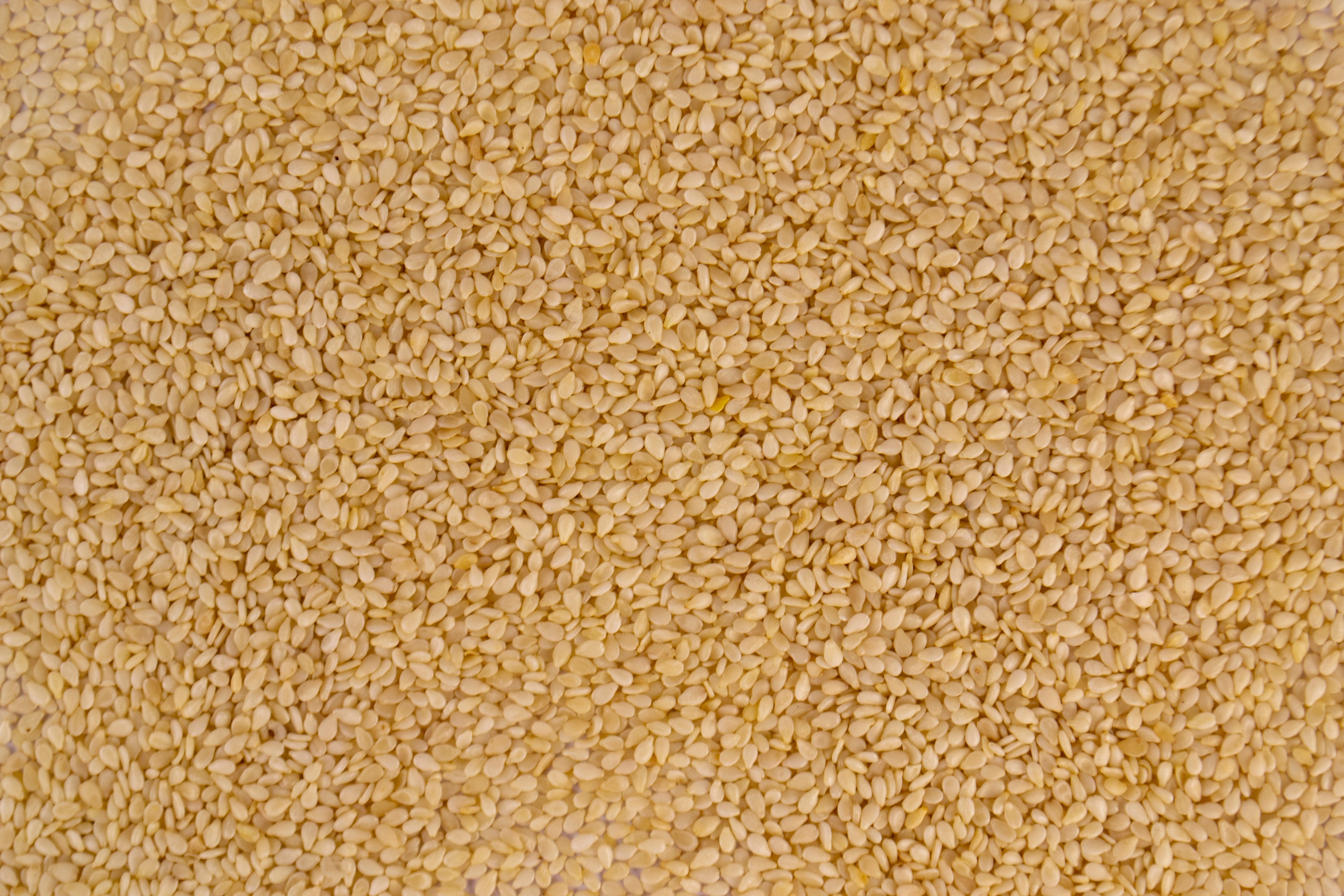
Sesame Seeds
Sesame seeds can be sprinkled on top of entrees, baked goods, and salads! Adds a great nutty addition to many dishes.
17 grams of protein per 100g.
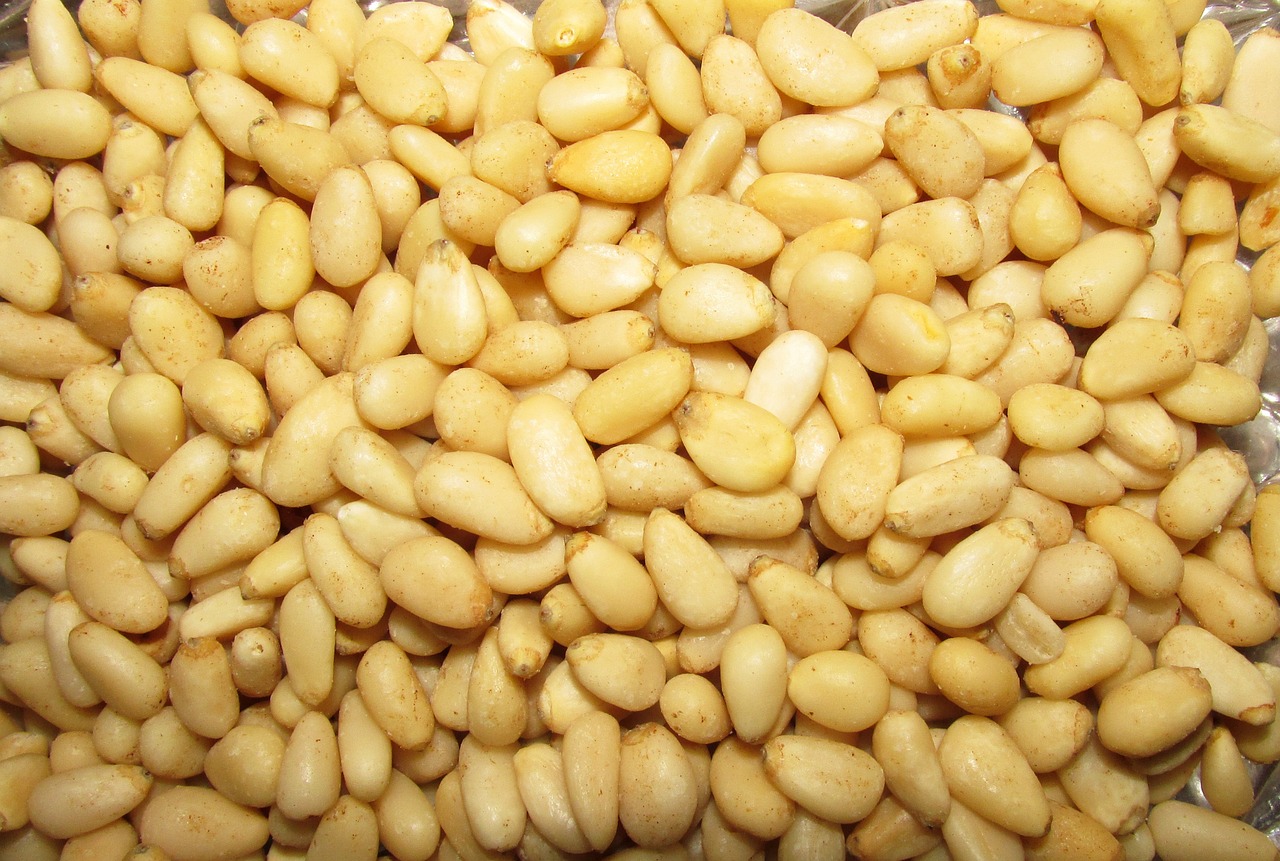
Pine Nuts
While less common than the seeds above, pine nuts are a staple ingredient for many pesto sauces. Sprinkle on salads, toss into pasta, or add to savory sauces.
13.7 grams of protein per 100g.
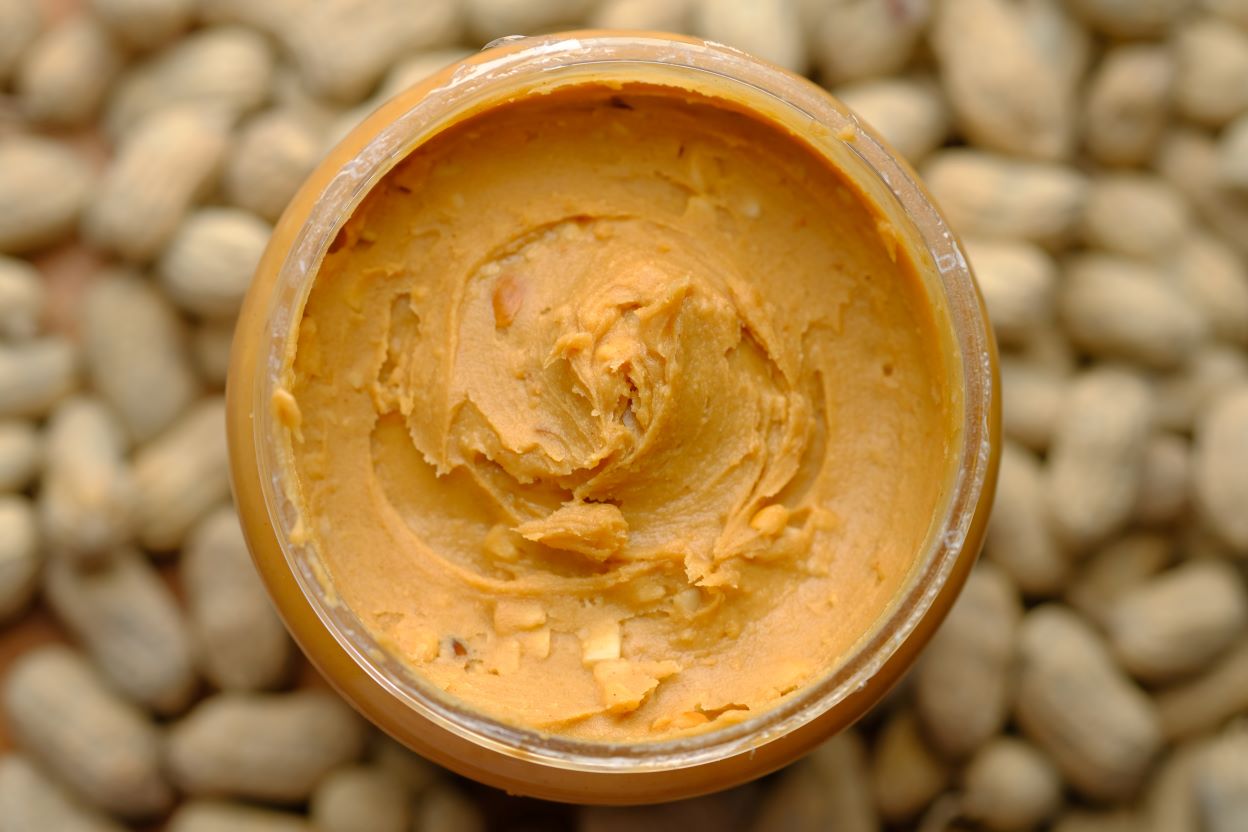
Nut Butter
Nut butter, especially peanut butter, is a delicious and easy way to increase protein intake.
25 grams of protein per 100g.
Tofu and Tempeh
Tofu and tempeh are two popular plant-based protein sources for vegans and vegetarians.
Soy-based products are a good idea for vegans as they are among the few plant foods that contain all nine essential amino acids, making them a complete protein source. Including these in your diet and various vegan protein sources can ensure adequate protein consumption.
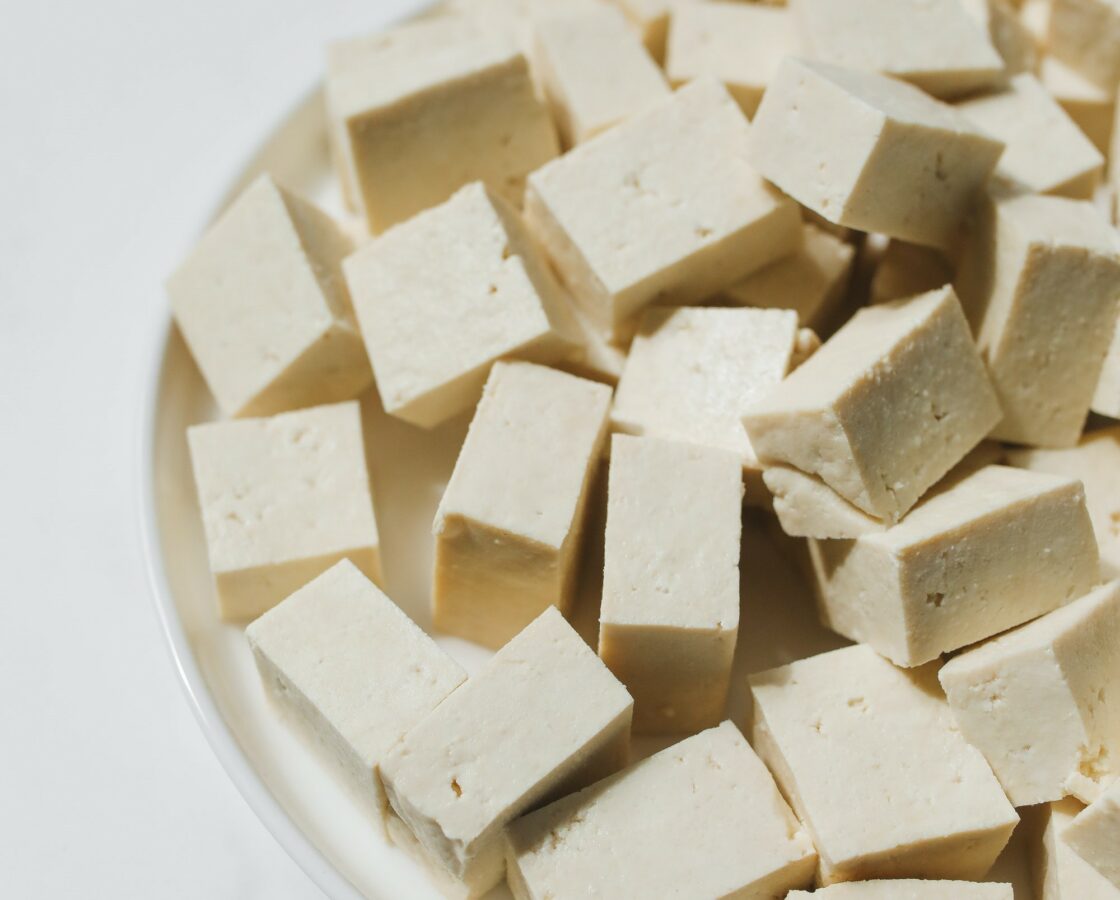
Tofu
Tofu is made from soybeans and has a high protein content. It is often used in stir-fries, soups, salads, and desserts.
17.3 grams of protein per 100g.
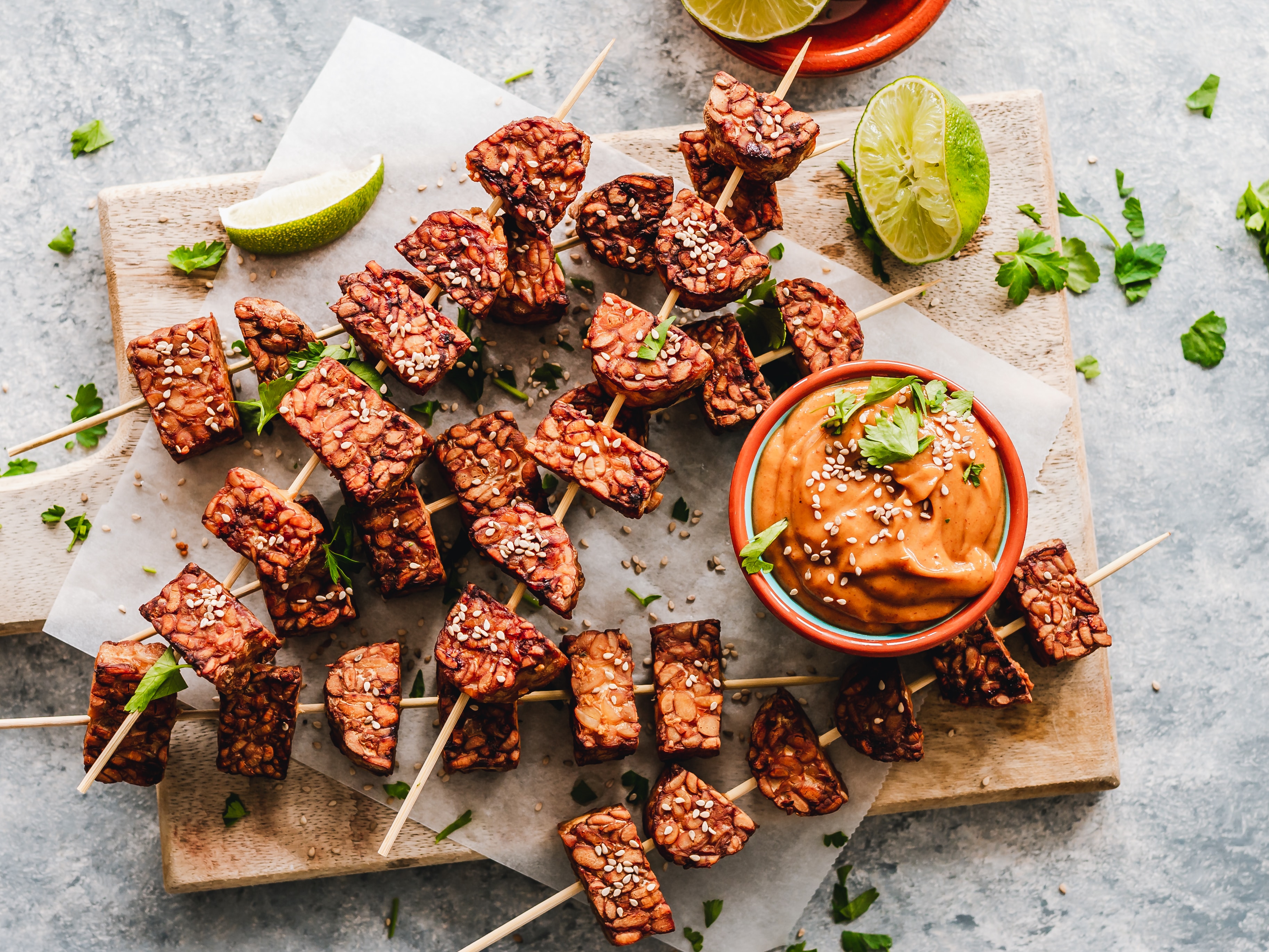
Tempeh
Tempeh is also made from soybeans but is fermented, which gives it a unique nutty flavor and texture. It contains even more protein than tofu.
20.3 grams of protein per 100g.
Vegetables and Fruit
Vegetables and fruits are not usually associated with high protein content; however, many contain small amounts of this essential nutrient.
Spinach, and other leafy greens are surprisingly good protein sources. The right plant-based foods in your diet is essential to maintain a balanced nutrition profile.
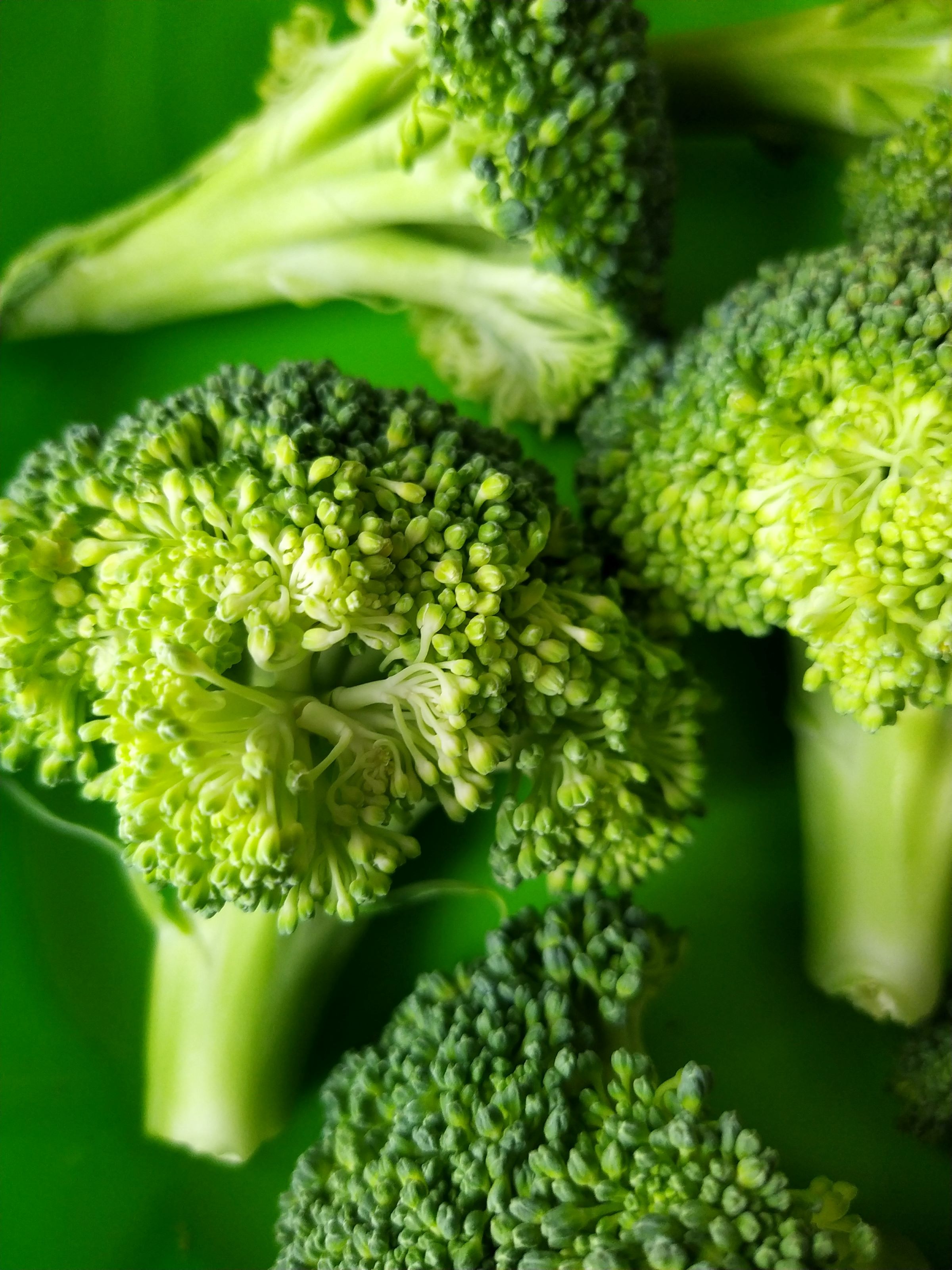
Broccoli
Broccoli is a nutritious vegetable, that packs some protein for being a vegetable. Incorporate it into pastas, stir fry, soups, and salads.
2.8 grams of protein per 100g.
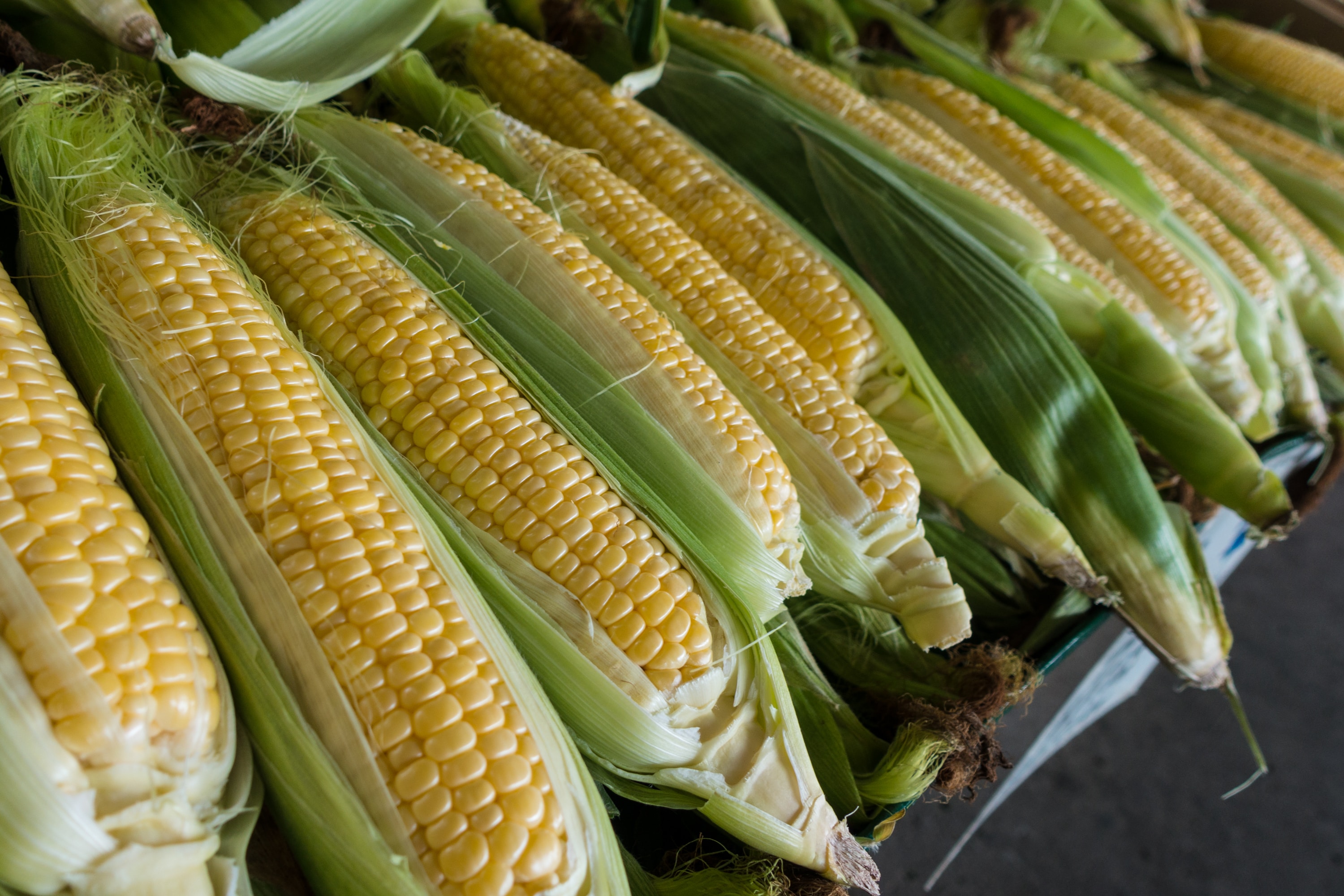
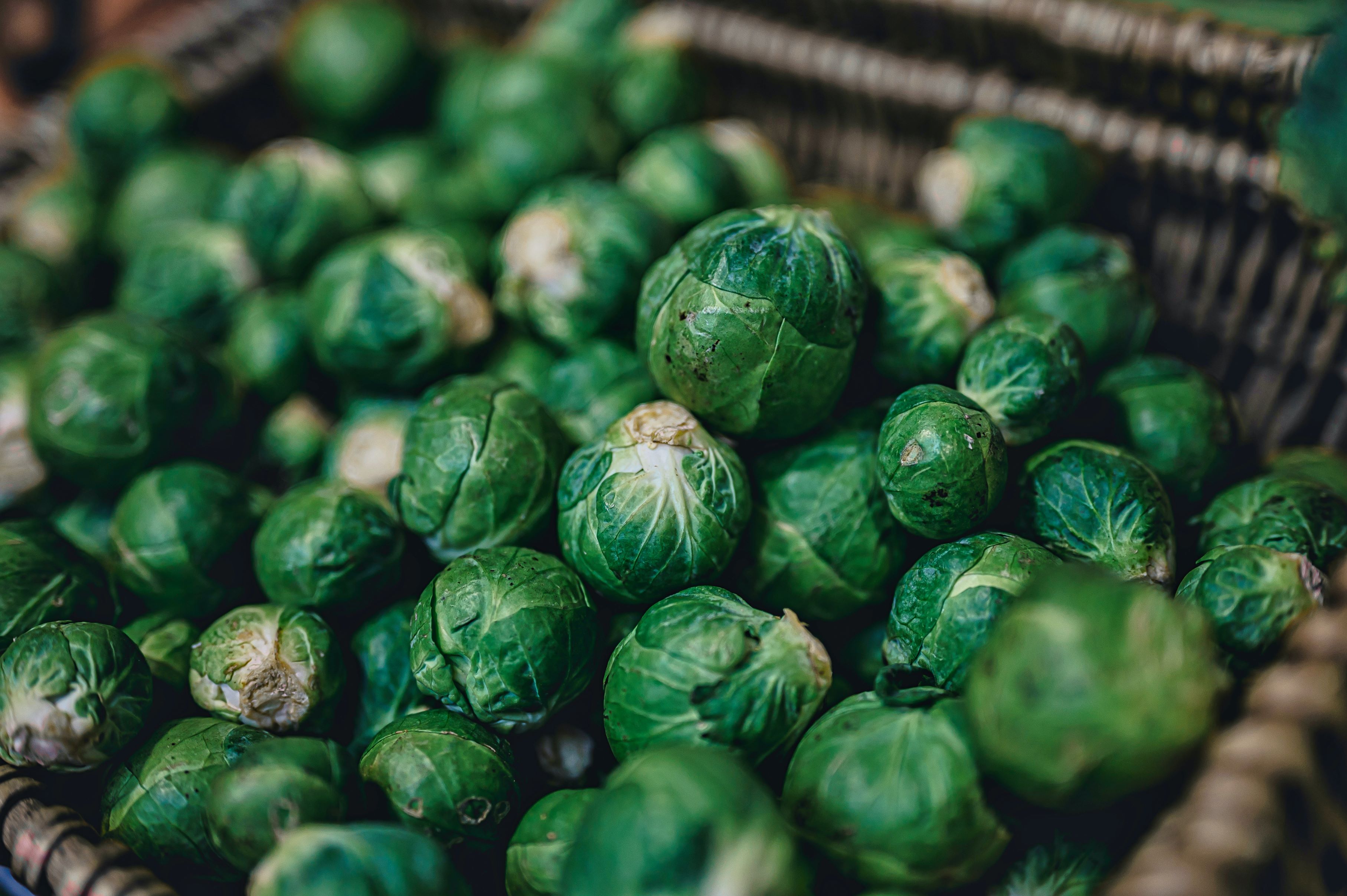
Brussels Sprouts
A protein powerhouse in the vegetable world, these little vegetables are great when roasted with some garlic and seasonings.
3.4 grams of protein per 100g.
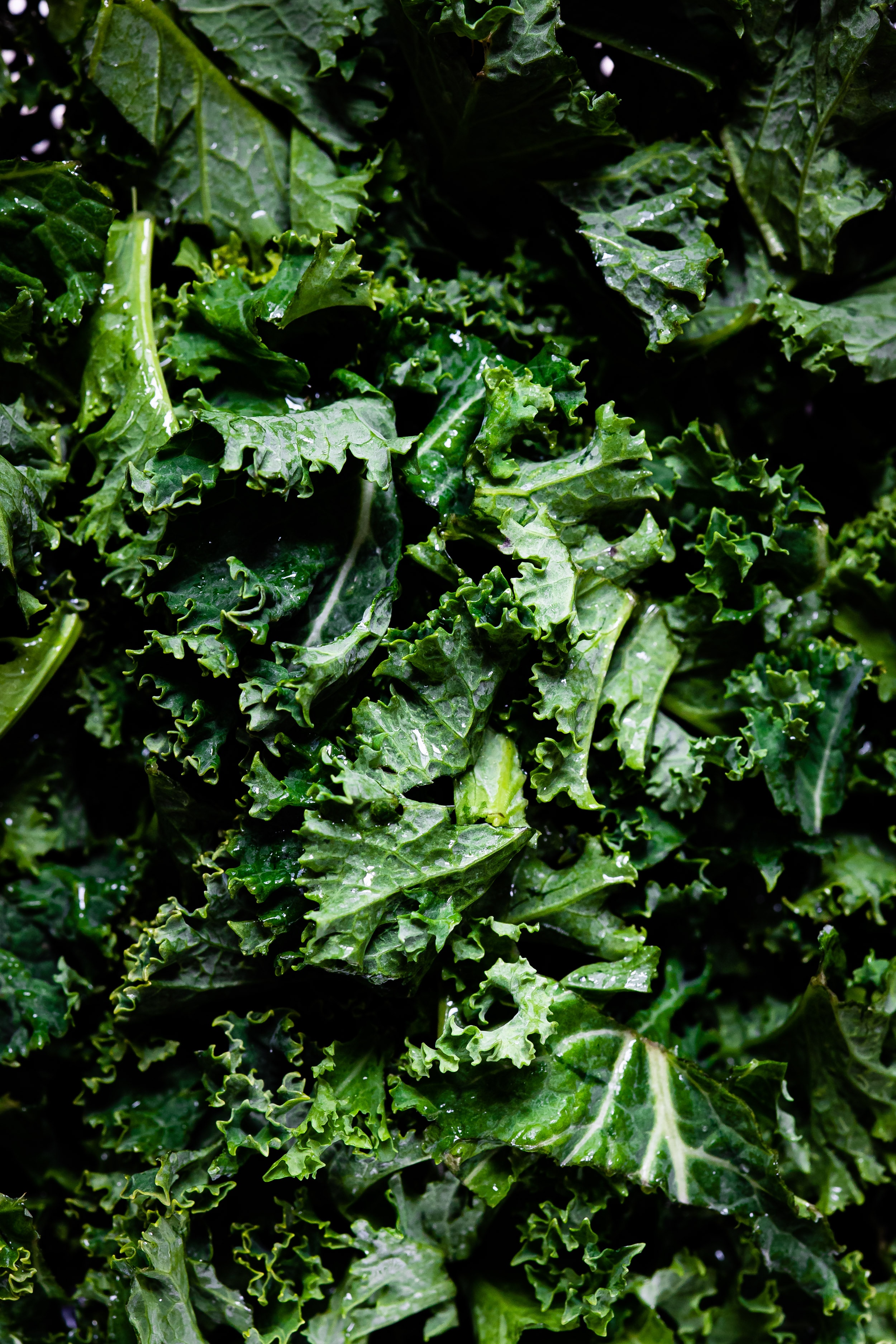
Kale
A versatile leafy green that can be cooked into many dishes, or eaten raw as a salad. Kale contains one of the highest amounts of protein for a vegetable.
3.3 grams of protein per 100g.
Plant-Based Dairy
Plant-based dairy provides a good source of protein for vegans and vegetarians, as well as those who are lactose intolerant or have allergies to milk.
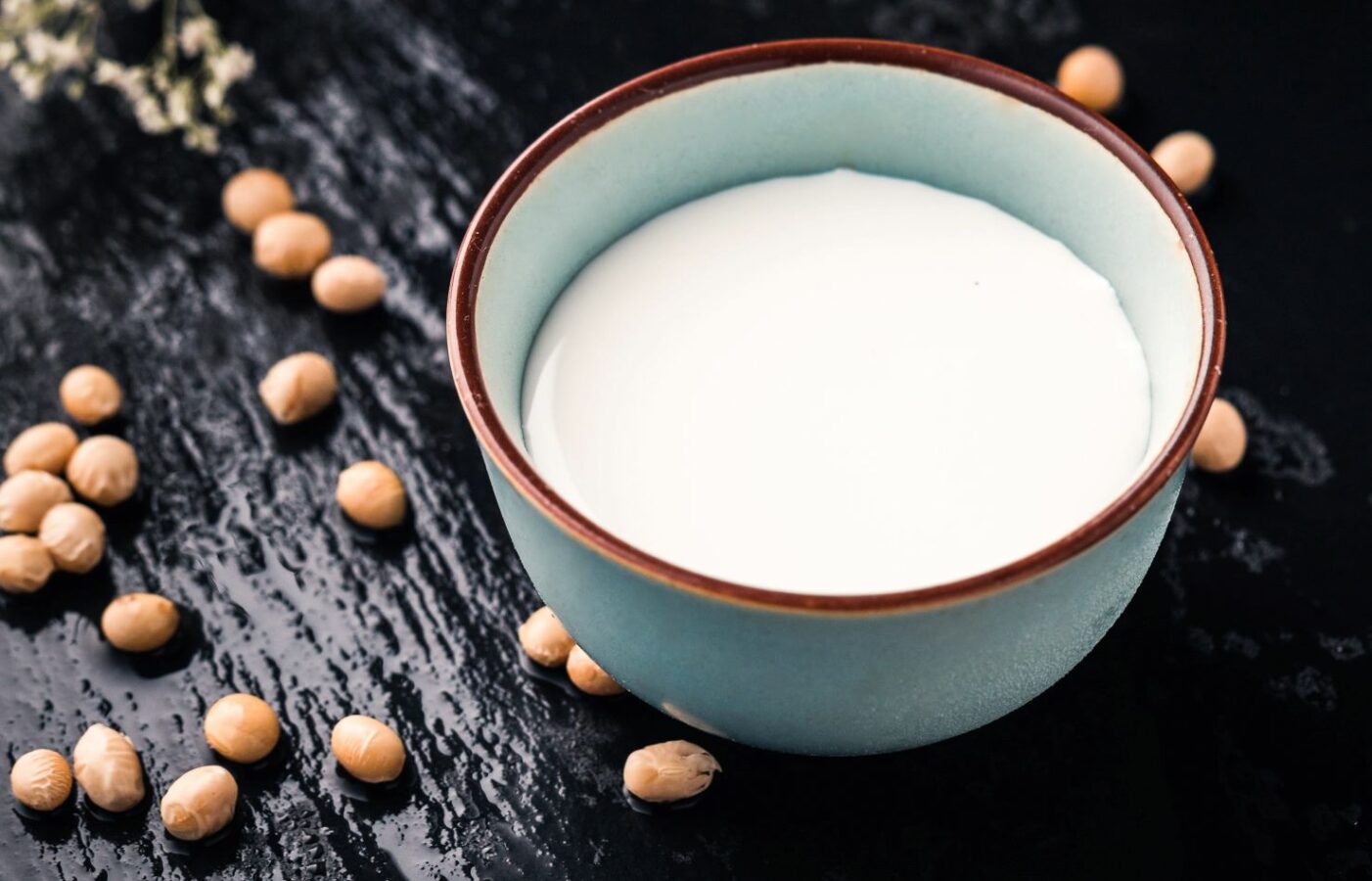
Soy Milk
Soy milk is one of the most common plant-based milk made from soybeans.
3.27 grams of protein per 100g.
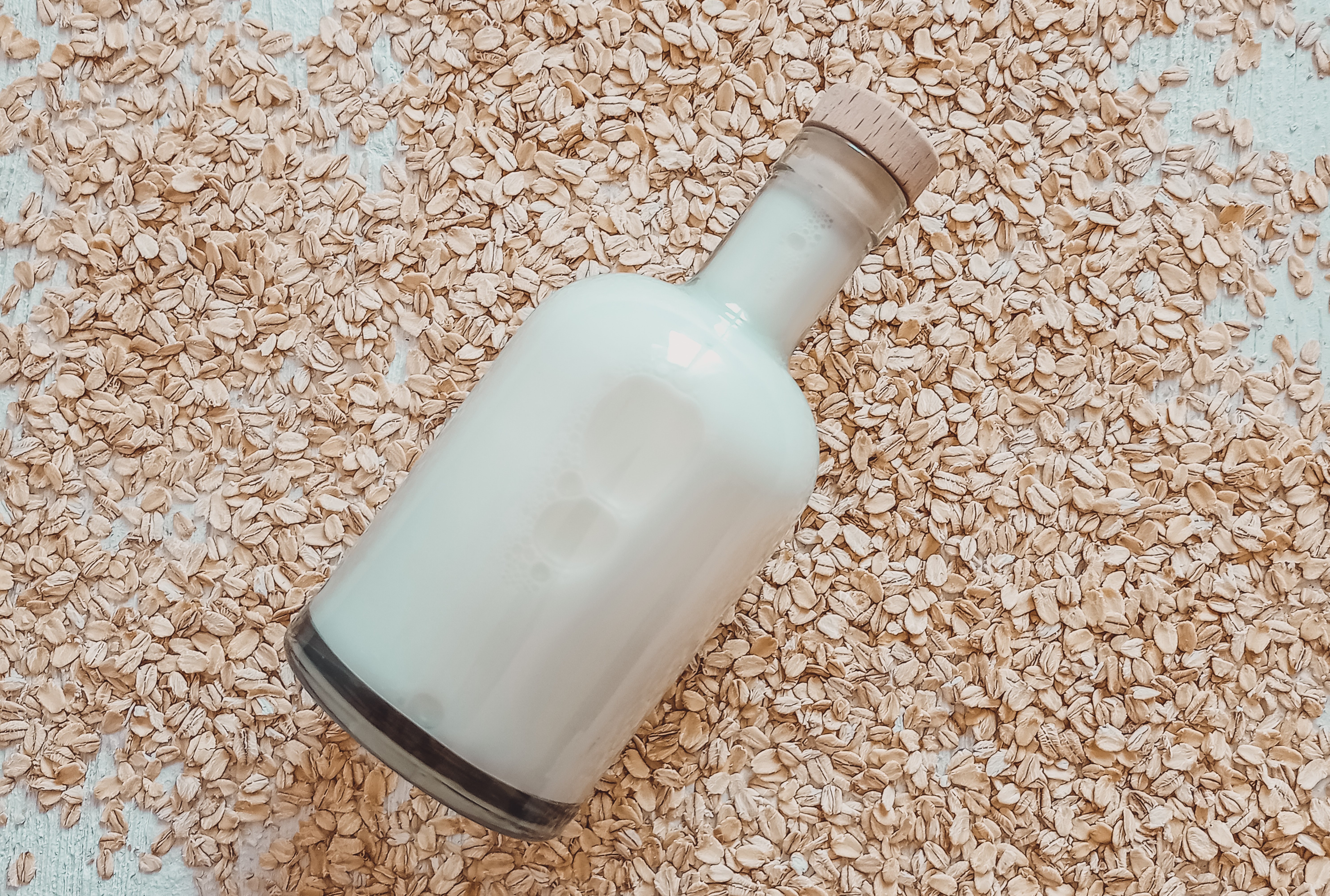
Oat Milk
Oat milk is made from oats and has a mildly sweet flavor, making it a great addition to coffee or tea.
1.25 grams per 100g.
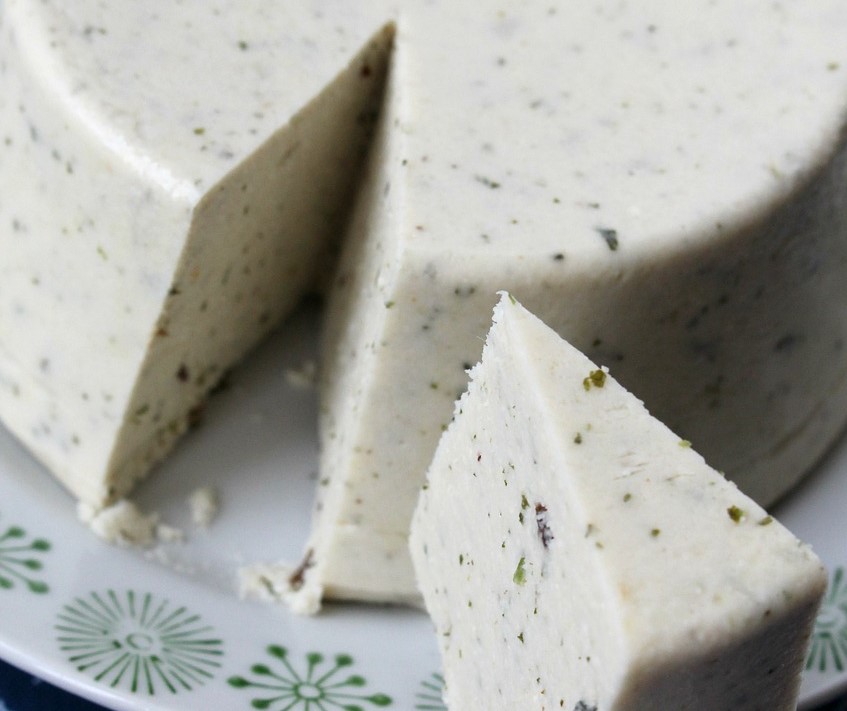
Cashew Cheese
Cashew cheese is made by blending cashews with water and other ingredients like nutritional yeast and herbs.
11 grams of protein per 100g.
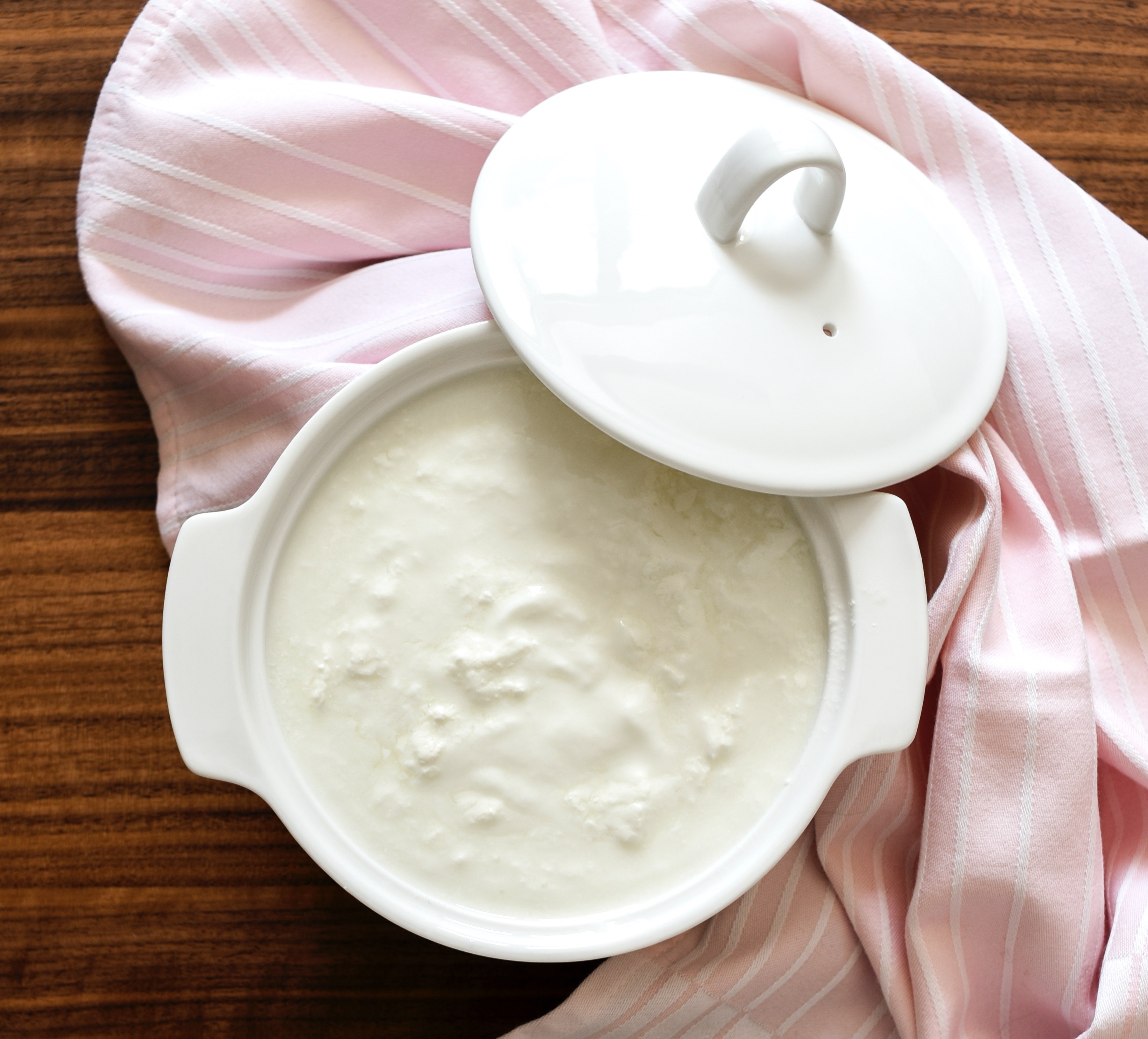
Vegan Yogurt
Vegan yogurt can be made from various sources, including soy, coconut, or almond milk.
4.12 grams of protein per 100g.

Nutritional Yeast
Nutritional yeast has a cheesy flavor and can be used as a topping for popcorn, pasta dishes, or salads.
53.33 grams of protein per 100g.
Mycoproteins
Mycoproteins are a highly nutritious and nonmeat source of protein that can benefit both vegans and non-vegans.
Despite being relatively new to the market, mycoproteins have quickly become popular for vegetarians and vegans due to their high protein content and versatile culinary applications. It’s good to try out new protein sources to diversify your diet.
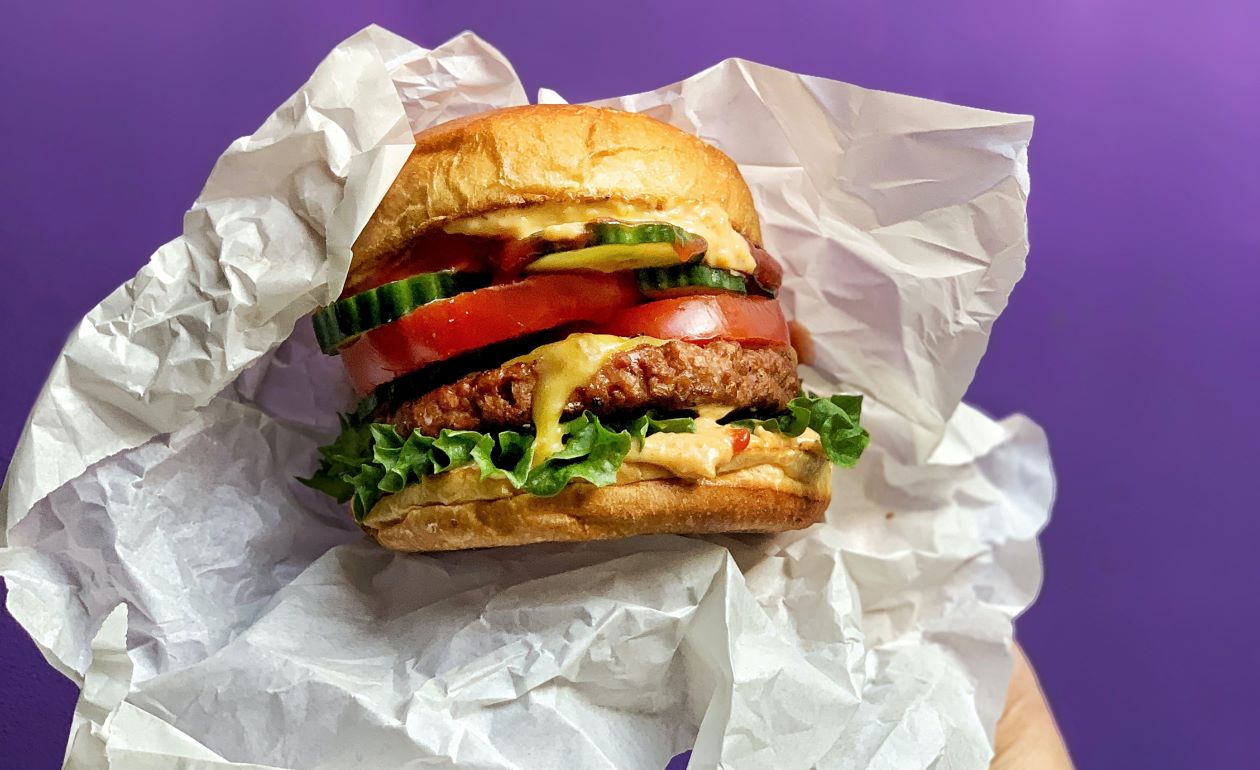
Mycoproteins
Mycoprotein is made from a naturally occurring fungus called Fusarium venenatum.
Mycoprotein is a complete protein source, containing all the essential amino acids the body needs. By dry weight, mycoprotein is generally 45% protein and 25% fiber.
Some mycoprotein products may contain small amounts of egg or milk protein, so it’s important to check the ingredients to avoid animal-based products.
Vegan Protein Supplements
Plant-based protein powders and amino acid supplements are great options for those who struggle to get enough protein from their diet. Still, it’s important to be mindful of the ingredients list and choose high-quality products with a good balance of amino acids.
Plant-Based Protein Powders
Plant-based protein powders are a popular option among vegans and non-vegans alike. Here are a few benefits to choosing vegan protein powders:
- They are made from plant-based sources like peas, brown rice, hemp, or soy.
- Plant-based protein powders provide all the essential amino acids the body needs to function properly.
- They can be a convenient way to increase protein intake for those who struggle to consume enough whole foods.
- The protein powders come in various flavors and forms, such as powders, shakes, bars, and capsules.
- It can also contain added vitamins, minerals, and fiber.
- Not all plant-based protein powders offer complete proteins; some may contain lower protein content than animal-based sources.
- Choosing high-quality brands that have been third-party tested for purity and safety is recommended.
Amino Acid Supplements
Supplementing with amino acids can benefit those following a vegan or vegetarian diet. Here are some key points to keep in mind when considering amino acid supplements:
- Essential amino acids are necessary for muscle building and repair.
- Plant-based diets may not contain all essential amino acids, making supplementation important.
- Amino acid supplements can help fill gaps in a vegan or vegetarian diet.
- Some popular plant-based sources of essential amino acids include quinoa, buckwheat, and soy products like tofu and tempeh.
- It’s important to consider individual protein needs and speak with a healthcare professional before starting any dietary supplements.
How the Body Uses Protein
When we consume protein-rich foods, our body undergoes a complex process of protein digestion, absorption, and utilization to extract the essential amino acids needed for various bodily functions.
Protein digestion
In the stomach, protein is broken down by enzymes and acids. In the small intestine, further digestion occurs, converting protein into amino acids.
Absorption
Amino acids are absorbed into the bloodstream from the small intestine and transported to various tissues and organs throughout the body.
Protein Utilization
Amino acids are utilized for protein synthesis, energy production (if excess amino acids are available), maintaining nitrogen balance, and participating in various metabolic processes. Consistent dietary protein intake is necessary since the body has a limited capacity to store excess amino acids.
Lifestyle Factors That Impact Protein Needs
Protein is an essential macronutrient that helps to build and repair body tissues, support muscle health, and maintain energy levels. Your lifestyle factors can impact how much protein your body needs depending on various factors such as age, gender, weight, activity level, and overall health status.
Your lifestyle factors can impact how much protein your body needs.
Physical Activity Level
Someone who is physically active and engages in strength training may require more protein to support muscle repair and growth.
Weight
The amount of daily protein that each individual needs depends on a few factors, including weight. The USDA has a daily recommended intake calculator to help you discover exactly what your daily nutrient recommendations are: https://www.nal.usda.gov/human-nutrition-and-food-safety/dri-calculator.
Pregnancy and Lactation
Pregnancy and breastfeeding increase a woman’s protein requirements to support fetal growth and milk production.
It’s important to note that simply consuming more protein does not necessarily mean better health outcomes overall. A balanced diet with adequate amounts of all essential nutrients is crucial for maintaining overall health and preventing chronic diseases such as cardiovascular disease and metabolic syndrome.
Tips for Meeting Protein Needs on a Vegan Diet
If you’re following a vegan diet, it’s important to ensure you get enough protein to support your body’s needs.
Diversify Your Diet
A diverse diet is key to getting all the nutrients your body needs. Incorporating a wide range of protein-rich foods into your diet can ensure you get enough of this vital nutrient. Consider a variety of plant proteins, such as lentils, chickpeas, whole grains, and seeds.
Also, remember to eat different colored vegetables and fruits to get a broad spectrum of antioxidants and other beneficial nutrients.
Meal Planning
Meal planning is crucial for maintaining a healthy diet. By planning ahead, you can ensure your meals include a variety of foods to provide a balanced intake of essential nutrients, including protein, complex carbohydrates, and fats
Consider a Vegan-Friendly Protein Supplement
Supplements can be a good way to ensure you’re getting enough protein in your diet, especially if you’re active or have specific nutritional needs.
Plant-based powders like peas, hemp, and rice are commonly used in smoothies and other dishes to boost protein intake. It’s always a good idea to consult a nutritionist or a healthcare professional before starting any new supplement regimen.
FAQ
Is vegan protein suitable for muscle building and weight management?
Yes, vegan protein is suitable for muscle building and weight management. Vegan protein supports muscle growth and helps manage weight when incorporated into a balanced diet and active lifestyle.
Can vegan protein provide all essential amino acids?
Yes, vegan protein can provide all essential amino acids! By combining different protein sources like beans and rice, you can achieve a complete amino acid profile.
What are some good vegan sources of protein?
Some good vegan sources of protein include beans, lentils, tofu, quinoa, nuts, and seeds.
